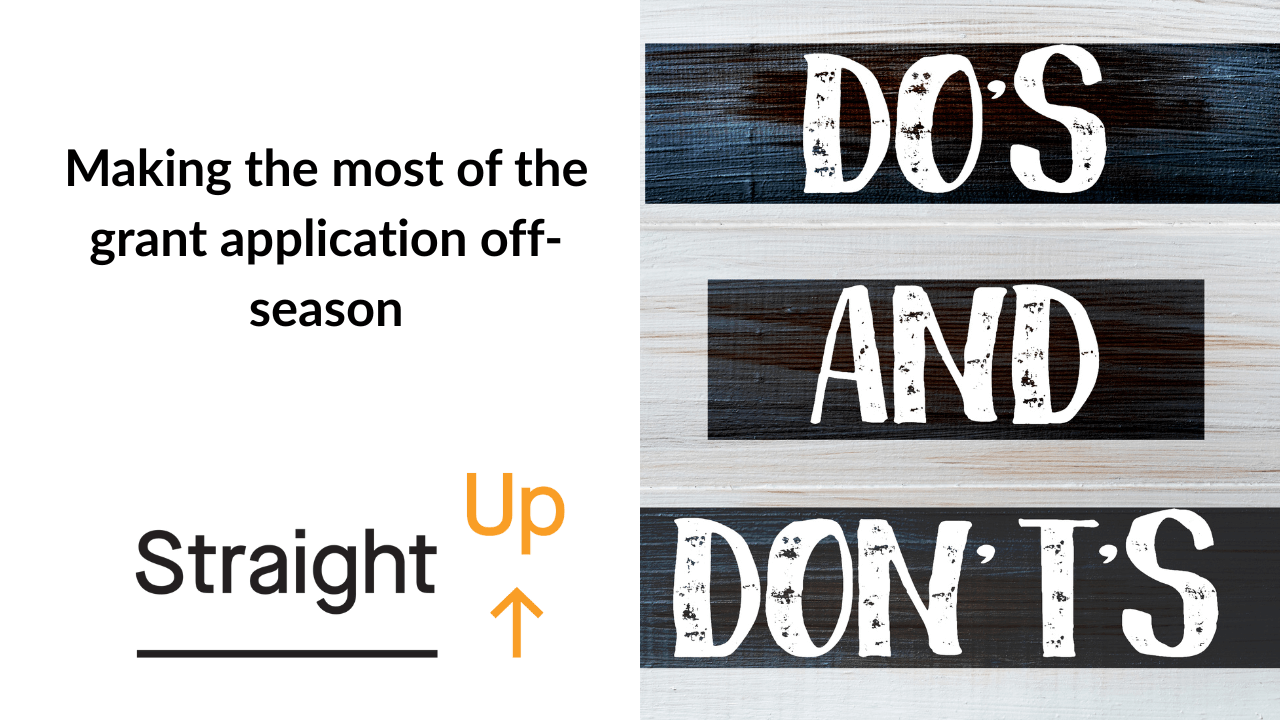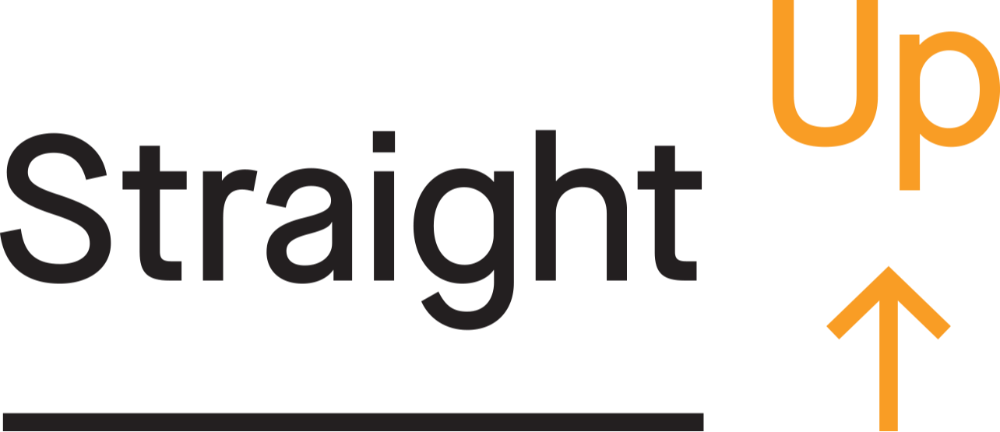Making the Most of the Grant Application Off-Season
Jun 16, 2025
The Power of Facilitation
Through structured workshops, Damia enables research teams to develop a shared vision, form new centres or committees, or rally around a funding proposal with clarity and focus. Straight Up is proud to be a member of the International Association of Facilitators—an organisation that sets the global gold standard for professional facilitation.
In the cyclical world of research funding, the months between major grant rounds can feel like a welcome breather—time to focus on teaching, publications, or the work that often takes a back seat during application season.
But our analysis of over 500 successful grants revealed something striking: 78% of funded projects began preparation at least three months before applications opened.
This reinforces what we’ve seen firsthand: the grant "off-season" isn’t downtime—it’s your opportunity to plan strategically, build alignment, and get ahead.
“The most successful teams don’t just write when deadlines loom—they build compelling research narratives year-round,” says Damia Ettakadoumi, Founder and Director of Straight Up. “Teams that use this time for collaborative planning consistently outperform their peers.”
The Cost of Last-Minute Applications
Let’s start with an uncomfortable truth: rushed proposals rarely perform well.
When teams scramble to meet deadlines, collaboration quality suffers. Partners are brought in too late to meaningfully contribute, leaving proposals disjointed and reactive. Strategic positioning becomes a scramble to match funding priorities, rather than an intentional alignment of ideas and impact.
Even strong research can fall flat without the time to shape a clear, compelling narrative. And it shows—our estimates suggest that applications prepared in under six weeks secure, on average, 24% less funding than those developed over a longer period.
A Three-Phase Approach to Strategic Off-Season Planning
At Straight Up, we’ve helped Australian research teams secure over $200M in competitive funding. One key pattern? Teams that treat the off-season as a strategic window build stronger proposals and experience less pressure when deadlines hit.
Here’s our recommended three-phase approach:
Phase 1: Review & reflect
Start by bringing your team together for a structured review of past assessor comments—successful or not. This kind of facilitated workshop can reveal recurring feedback themes and blind spots that often go unnoticed.
At the University of Technology Sydney, the Centre for Quantum Materials used this approach to uncover consistent feedback about vague industry engagement. After addressing it directly, their next ARC application scored 18% higher in the 'National Benefit' category.
Also consider benchmarking successful applications in your field to understand how the standard for “excellence” is evolving.
Phase 2: Strategic planning
With those insights in hand, shift the focus to forward planning.
Begin by mapping the funding landscape—government, industry, philanthropic—and consider new or emerging opportunities beyond your usual go-to sources.
A “priority alignment” workshop is the next step. This is where teams identify the intersection of their strengths with upcoming funding priorities and start to shape a narrative—well before writing begins.
A medical research team at Monash University used their off-season to build relationships with three advocacy groups. These genuine connections led to powerful letters of support and helped them stand out in the NHMRC round.
Phase 3: Skills development
Many research teams depend on one or two experienced writers. The off-season is an ideal time to build capacity more broadly.
Host grant writing masterclasses, set up peer review sessions, and develop reusable templates for key sections like benefit statements, impact pathways and communication plans.
The Faculty of Engineering at the University of Queensland implemented monthly “grant crafting” sessions for early-career researchers. The result? A 40% success rate in the ARC DECRA round—well above the national average of 15%.
Why external facilitation works
Much of this can be done in-house—but bringing in a facilitator creates a multiplier effect.
External facilitation introduces an objective viewpoint that reflects how assessors might interpret your proposal. It creates space for big-picture thinking, supports alignment across disciplines, and keeps momentum going when internal workloads are high.
In a recent survey, 92% of our clients said that strategic workshops during the off-season reduced stress and improved the quality of their proposals.
Getting started
As the current funding rounds wrap up, now’s the time to get strategic.
- Book a series of half-day planning sessions.
- Audit your team’s grant writing capabilities.
- Consolidate reviewer feedback for collective analysis.
- Build a 12-month calendar of upcoming opportunities.
The grant application process doesn’t have to be a last-minute dash. Use the off-season wisely and you’ll be better positioned, better prepared, and less stressed when the next round opens.
Want support with facilitation or strategy?
Straight Up can help your team make the most of the months ahead. Let’s start planning. Contact us in the form below or email [email protected]
Damia Ettakadoumi is the Founder and Director of Straight Up, a communication and grant strategy consultancy that has helped Australian research teams secure over $200M in funding.
